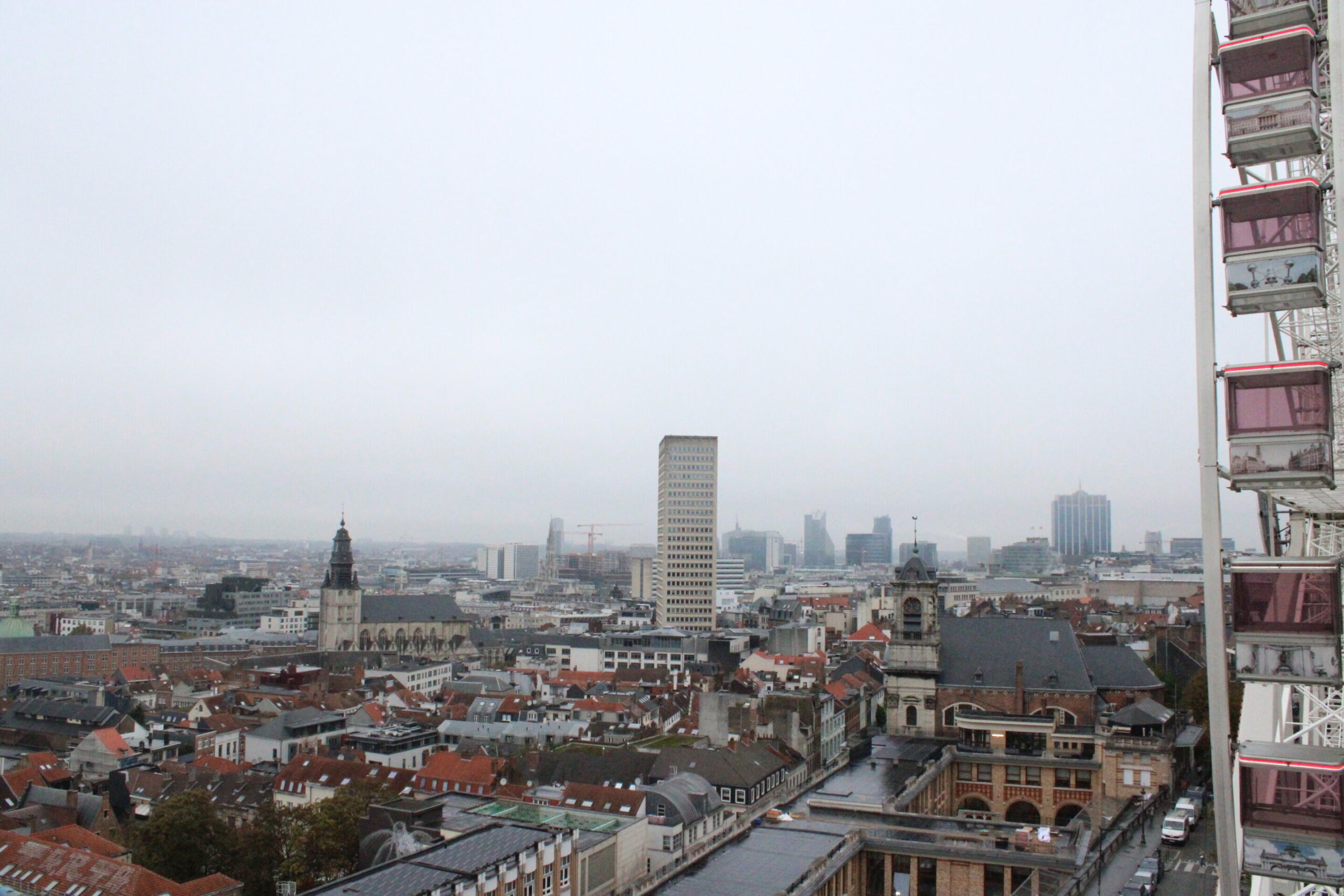More than 20% of people living in Belgium wait until they are 30 to leave the parental home, a study by property website Immoweb showed. This is later than in neighbouring countries.
As part of an in-depth survey into the real estate tendencies among Belgians (carried out by YouGov among people aged 18 and over), Immoweb found that the average age at which young people leave their parental home is 22. This is later than in neighbouring countries: in France, the average age is 21 and in Germany, it is 20.5.
The survey also found that more than one in five (22%) of the Belgians surveyed waited until they were 30 or older to live independently. In France, this figure was 15%, while in Germany, even fewer people wait this long (14%).
Playing it safe
Not everyone who moves away from home continues to live alone: 17% of Belgians return to live with their parents after moving out the first time. This figure is comparable to that in France and is slightly lower in Germany (15%).
The trend also varies from region to region. The percentage of young people returning to their parents' home is highest in Brussels (21%), followed by 18% of Flemish residents and 15% of Walloon residents.
"There are various reasons for returning to the parental home," said Alicia Rees, a doctoral student in demography (UCLouvain). "Young employees often have to deal with insecure or temporary work, problems finding a place to live or taking out a loan."
She noted that relationships also play an important role. "A breakup or divorce can lead to a temporary return to the parental home, just long enough to regain a certain degree of stability. For many young adults, the parental home is a solution to economic or personal uncertainties."
Brussels residents are most mobile
The survey also analysed Belgians' moving behaviour. On average, Belgians move almost four times in the course of their lives. However, this frequency varies from region to region: in Brussels, the average is more than four moves, while in Flanders and Wallonia, it is slightly less.
"Brussels residents appear to be more mobile, a trend that can be explained by a more limited housing supply, a more dynamic rental market and a younger average population," said Rees.

The limited housing supply in Brussels affects people's moving behaviour. Credit: The Brussels Times/Lauren Walker
Belgians move less than the French and Germans, who on average move more than four times during their lifetime.
After leaving the parental home (53%), moving in with a partner (42%) and a break-up or divorce (31%) are among the most common reasons for moving. Overall, relationships play a decisive role in the decision to move: 65% of the Belgians surveyed said that their decisions to move were influenced by their love life, a trend that was even stronger among 35-44-year-olds (74%).
A happy home?
Just over one in three people in Belgium see their current home as "a dream come true". But this also differs between the regions: in Brussels, where the property market is tighter, just one in five residents say they are completely satisfied with their home; in Flanders this is 38% and in Wallonia 40%.
Dissatisfaction is also up in Brussels: 20% of residents here feel that their home does not meet their expectations, compared to 15% in Wallonia and 9% in Flanders. One in three consider their current home to be a temporary compromise, a much higher percentage than the national average.
Anxiety about moving is also higher in the capital – 27% compared to 20% in Wallonia and 19% in Flanders. All these factors indicate that it is more difficult to find a home that meets expectations in Brussels.
"In Brussels, where rental pressure is high and mobility more frequent, the moving process seems to be more emotional. In Flanders, on the other hand, where access to housing can be perceived as more stable, moving house is more often seen as a positive step," Rees explained.

